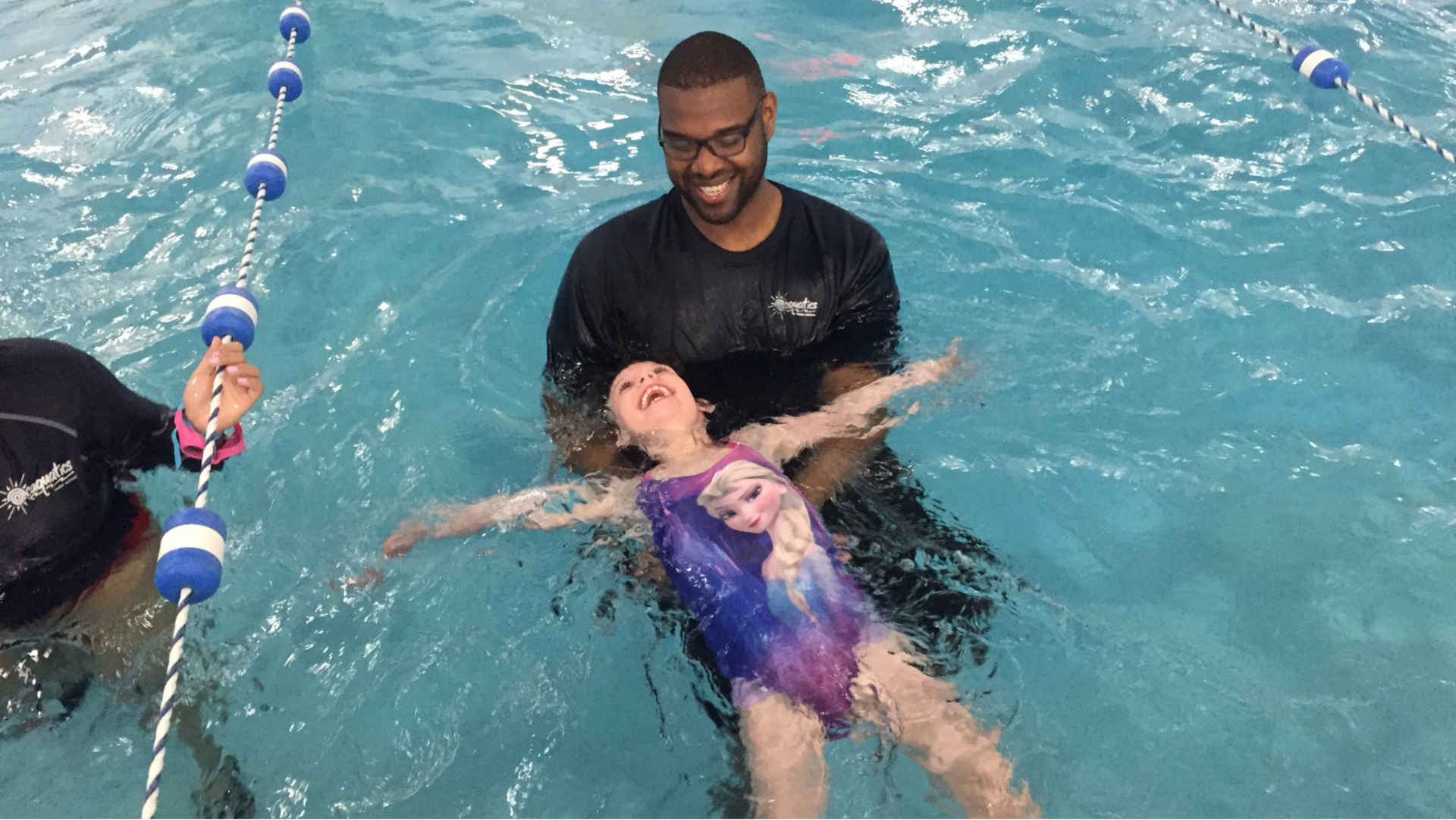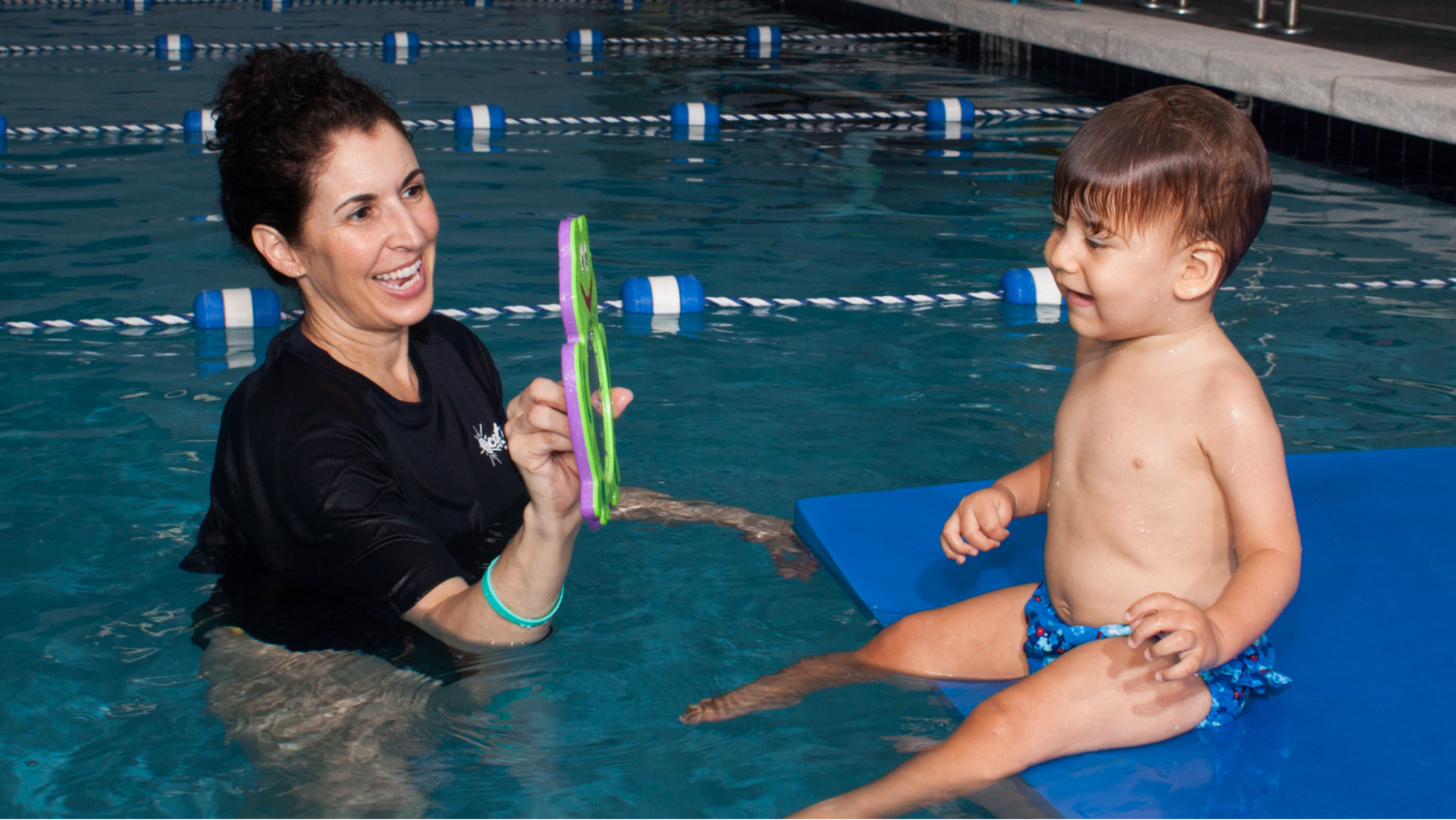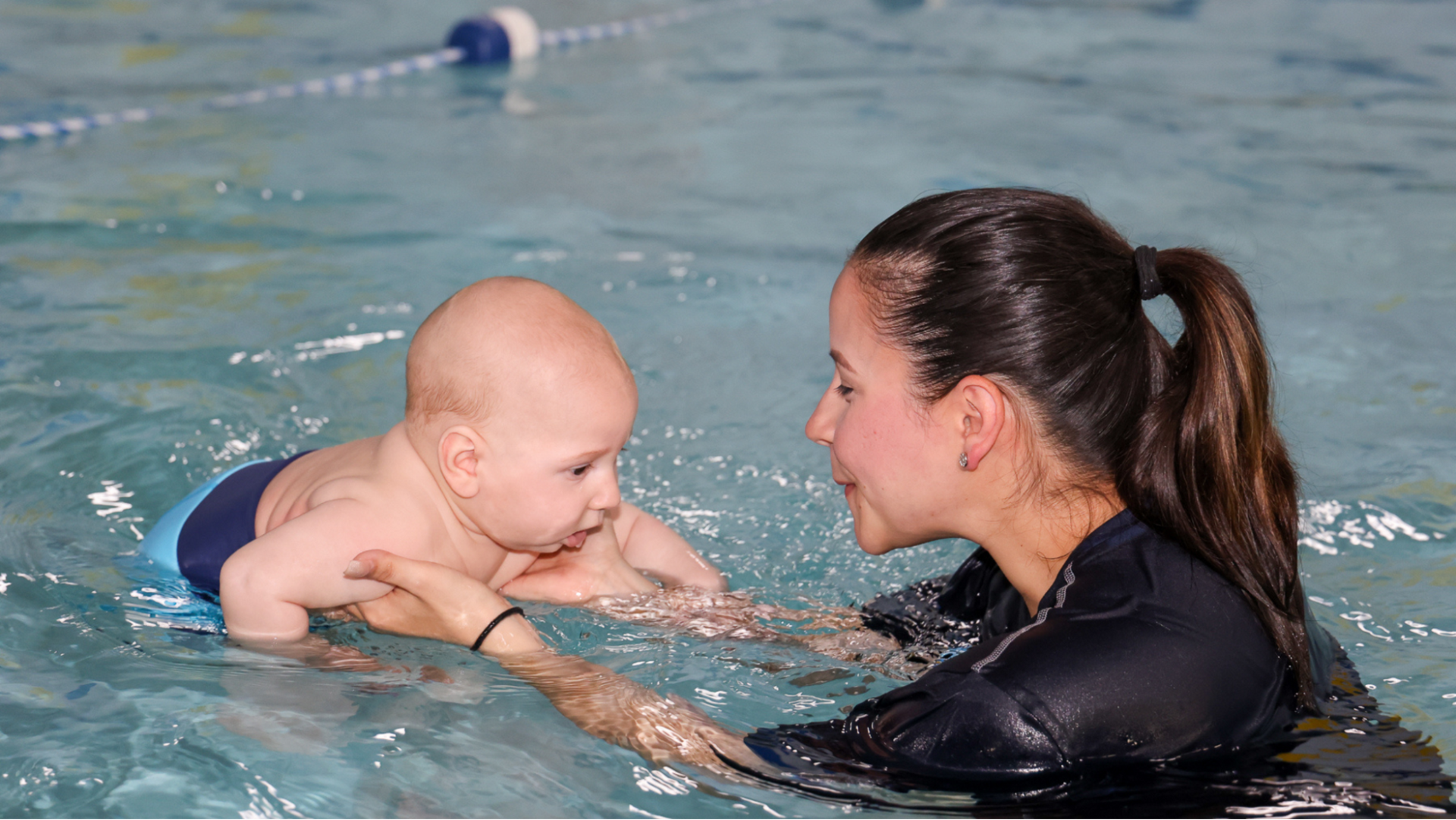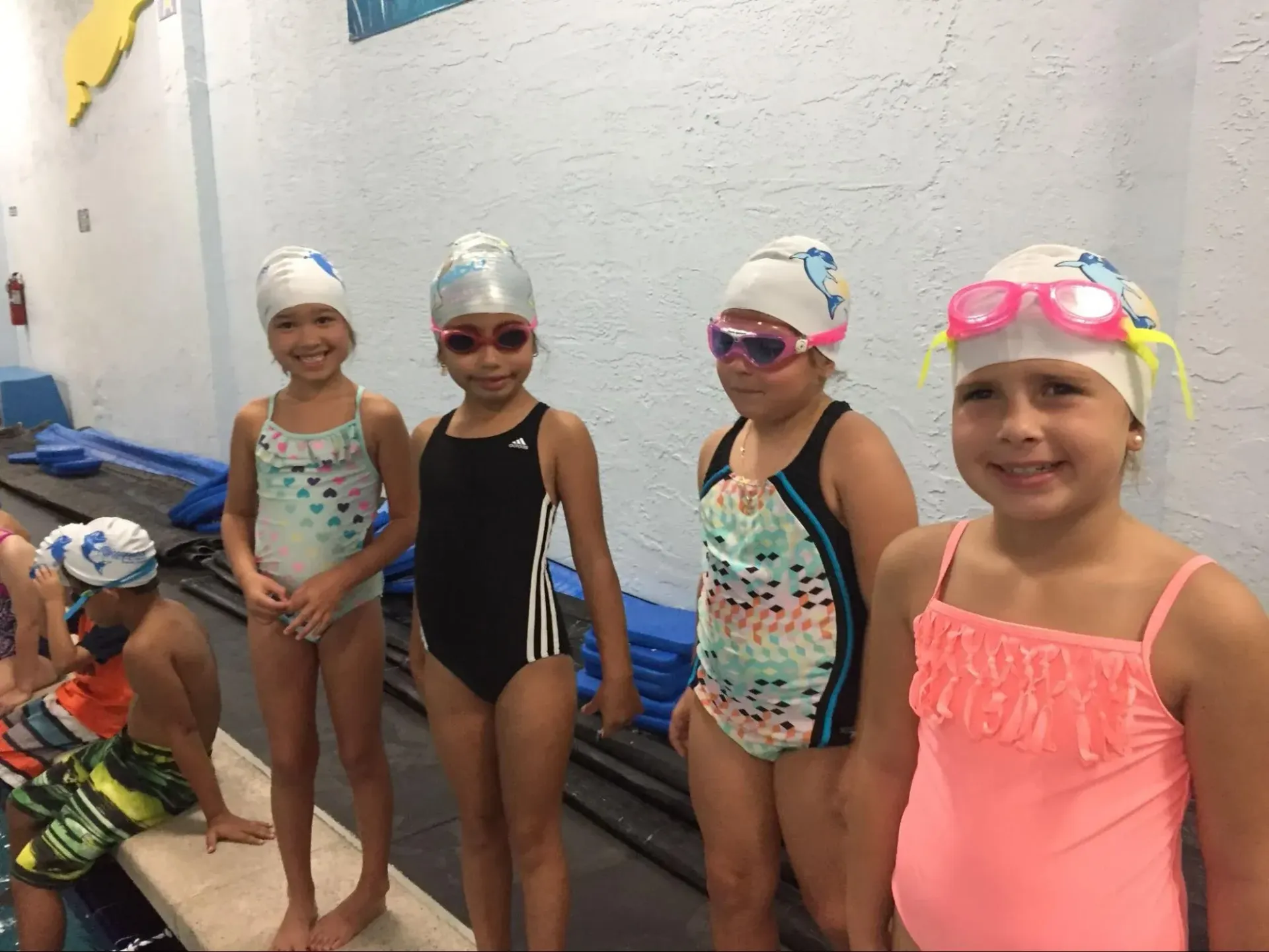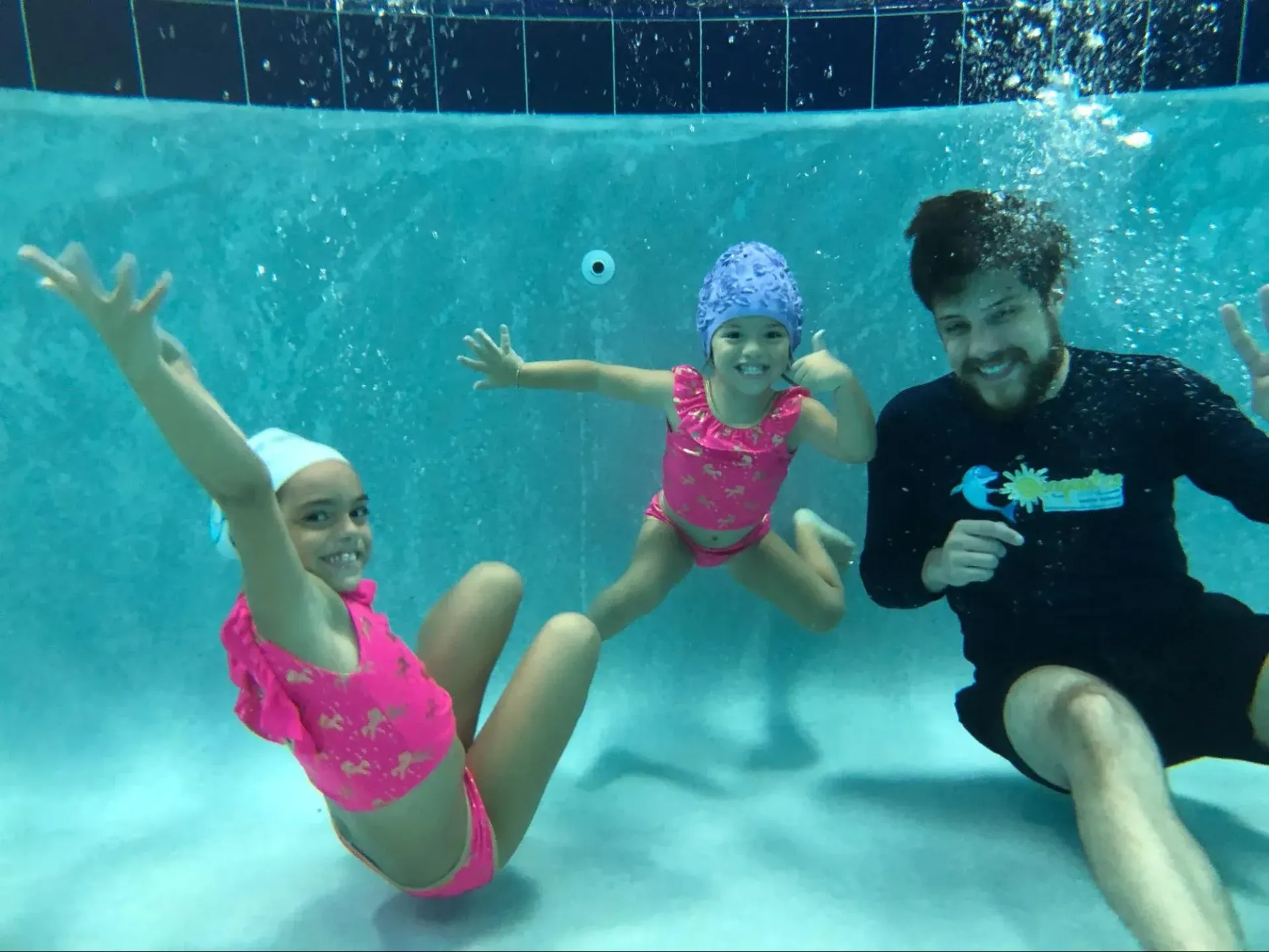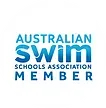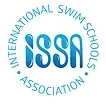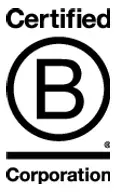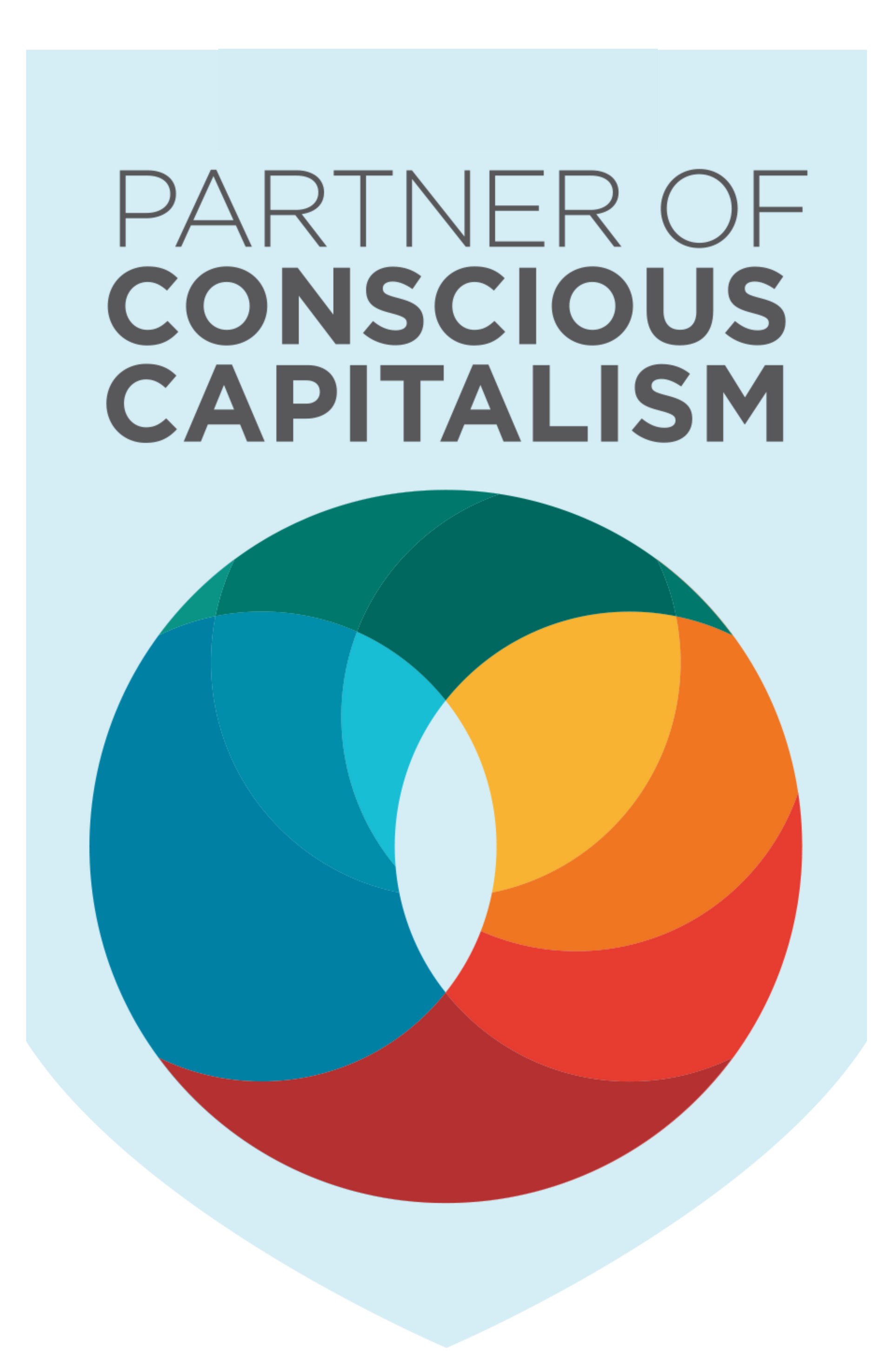What Is the Best Age to Start Swim Lessons?
Swimming is an essential life skill that promotes safety, confidence, and physical development. Parents may wonder about the best age to start swimming lessons for their children. The ideal time varies depending on a child’s developmental readiness, parental comfort, and expert recommendations.
Ocaquatics Swim School, a leader in water safety instruction in Miami since 1994, provides a structured and fun learning environment for children as young as six months. Speak with a swim coach to know if your child is ready to join swimming classes.
Expert Recommendations on Swim Lesson Age
Determining the right age to begin swim lessons depends on a child’s developmental readiness, physical coordination, and family goals. Organizations such as the American Academy of Pediatrics (AAP), the American Red Cross, and the U.S. Swim School Association provide evidence-based guidelines for introducing children to water safely and effectively.
6-12 Months: Early Water Acclimation
At this stage, infants can start water introduction programs, which emphasize comfort, breath control, and basic safety skills rather than formal stroke development. Programs like Ocaquatics’ "Parent and Me Baby" classes help infants become familiar with the water in a gentle, playful environment with parental involvement.
Key benefits of early exposure include:
- Water comfort and familiarity: Infants become comfortable in aquatic environments, reducing fear later in life.
- Reflexive breath control: Babies naturally hold their breath when submerged, a reflex that can be reinforced with gentle guidance.
- Bonding experience: Parent-child classes strengthen emotional bonds while fostering trust in the water.
- Basic safety skills: Infants begin learning cues for safer water entry and floating with support.
The AAP previously recommended waiting until age four for swim lessons but updated guidelines now support early water exposure, as research suggests it can reduce drowning risks.
1-3 Years: Structured Water Safety & Skill Development
At this age, toddlers transition from simple water exposure to structured lessons that introduce basic swimming mechanics and survival techniques. Programs like Ocaquatics’ "Parent and Me Tot" and "Super Baby" classes focus on:
- Floating and rolling over to a back float—a critical safety skill in case of accidental falls
- Kicking and paddling motions that build muscle memory for future strokes
- Holding onto the pool’s edge and climbing out safely
- Increased independence, with children gradually learning to swim small distances with less parental assistance
The AAP reports that children aged 1-4 who participate in formal swim lessons may experience a reduction in drowning risk. However, lessons should always be paired with layered water safety measures like adult supervision, swimming pool barriers, and life jackets in open water.
3-4 Years: Independent Swimming & Basic Stroke Development
As preschoolers develop greater motor control, they can participate in small group lessons with trained instructors, learning foundational swimming techniques and essential survival skills. Ocaquatics' programs for this age group emphasize:
- Self-rescue skills: Rolling onto their back to float and recover after submersion
- Propulsion techniques: Using arms and legs to swim short distances independently
- Breath control and submersion: Learning how to exhale underwater and take controlled breaths
- Comfort with deeper water: While safety remains the focus, preschoolers gain confidence moving beyond the pool’s shallow areas
According to a National Institutes of Health (NIH) study, in the age group of 1-4 years, participation in formal swimming lessons is associated with an 88% reduction in the risk of drowning.
4 Years & Up: Formal Swim Training & Endurance Building
By age four, most children are ready to advance into structured swim training, focusing on stroke technique, endurance, and water safety drills. This stage includes:
- Mastery of freestyle and backstroke: Learning coordinated breathing with arm movements
- Treading water and deep-water safety: Building stamina and floating skills in various water conditions
- Stroke refinement and speed development: Gradual introduction to breaststroke, butterfly, and diving in more advanced lessons
- Confidence and independence: Children can swim greater distances and demonstrate self-reliance in the water
Competitive swim programs often begin training young swimmers as early as 5-6 years old, as children’s bodies become more coordinated, strong, and endurance-capable.
Important Considerations
- No swim lesson replaces adult supervision: Drowning remains a leading cause of accidental death in children under 5, making constant supervision essential.
- Readiness varies by child: Some children take to water naturally, while others need more time to develop comfort and confidence.
- Multiple layers of protection are necessary: Lessons should be part of a comprehensive safety plan that includes pool fences, life jackets, and CPR-trained caregivers.
Why Early Swim Lessons Are Beneficial
Letting your child start swimming lessons at an early age provides essential skills that benefit them throughout life.
Water Safety
Drowning is a leading cause of accidental death among children, making water safety education essential. Early swim lessons teach crucial survival skills, such as floating, treading water, and independently exiting the pool. Children also learn self-rescue techniques, including rolling onto their backs and controlling their breathing, which can be lifesaving in an emergency.
Moreover, early exposure to water increases awareness of potential hazards, reducing risky behaviors near pools, lakes, and beaches. Parents also benefit from these lessons by gaining valuable knowledge on supervising children around water and reinforcing safety practices at home and in public spaces.
Physical Development
Swimming engages multiple muscle groups, helping children develop coordination, balance, and body control. It improves cardiovascular health by building endurance and lung capacity while enhancing flexibility and muscle tone, which contributes to better posture and mobility.
Strengthening the core and stabilizer muscles supports movement in other physical activities, making swimming an excellent foundation for overall fitness. Furthermore, swim lessons help develop motor skills and spatial awareness, aiding in physical development and benefiting children in other sports and daily activities.
Cognitive and Social Benefits
Early swim lessons also promote cognitive growth by improving focus, memory, and discipline. Following instructions and learning techniques in a structured environment enhances problem-solving skills, teaching children how to navigate different water environments safely.
Group swim lessons foster social interaction, encouraging teamwork, cooperation, and turn-taking among peers. As children progress, they build patience and resilience, developing a sense of achievement that boosts confidence in other areas of learning.
Emotional and Psychological Growth
Beyond the physical and cognitive benefits, early swim lessons contribute to emotional well-being. Many children experience fear or anxiety around water, and structured lessons provide a safer and supportive environment to overcome these fears. Learning to swim instills independence, allowing children to take control of their movements and feel a sense of accomplishment.
The process of mastering strokes and water safety techniques encourages perseverance and determination. Swimming is known for its calming effects, reducing stress, and promoting relaxation, which benefits children’s overall emotional health.
Healthy Lifestyle Habits
Introducing swimming at an early age helps children establish lifelong fitness habits. It provides an enjoyable and engaging way to stay active, which can help reduce screen time and encourage participation in sports.
Swimming also lays the groundwork for future involvement in aquatic activities such as water polo, diving, and competitive swimming. Regular swimming builds stamina and energy levels, promoting overall well-being and reinforcing the importance of an active lifestyle.
Choosing the Right Swim Program
Selecting a swim school with experienced instructors, warm water pools, and a structured curriculum is key. Ocaquatics Swim School offers:
- Small class sizes for individualized attention
- Age-appropriate skill progression
- Year-round safer swim lessons for consistent development
- A fun, engaging environment fostering a love for swimming
Enroll Your Child at Ocaquatics Swim School Today
If you are looking for a trusted, experienced swim school in Miami, Ocaquatics is the perfect choice. With expert instructors and a proven curriculum, we ensure that your child gains essential water safety skills while having fun. Start your child's swimming journey today—contact Ocaquatics Swim School to enroll in lessons and build a lifetime of confidence in the water.





